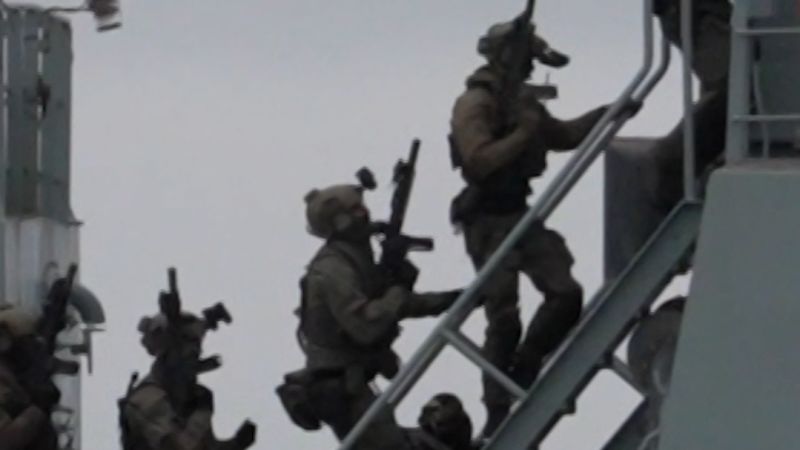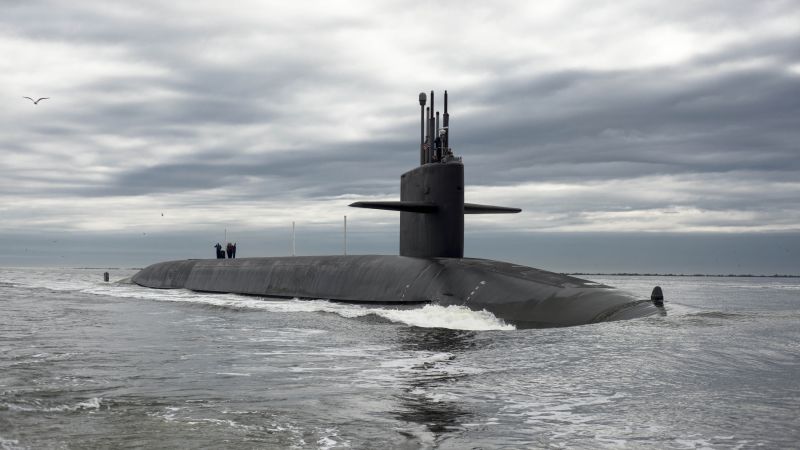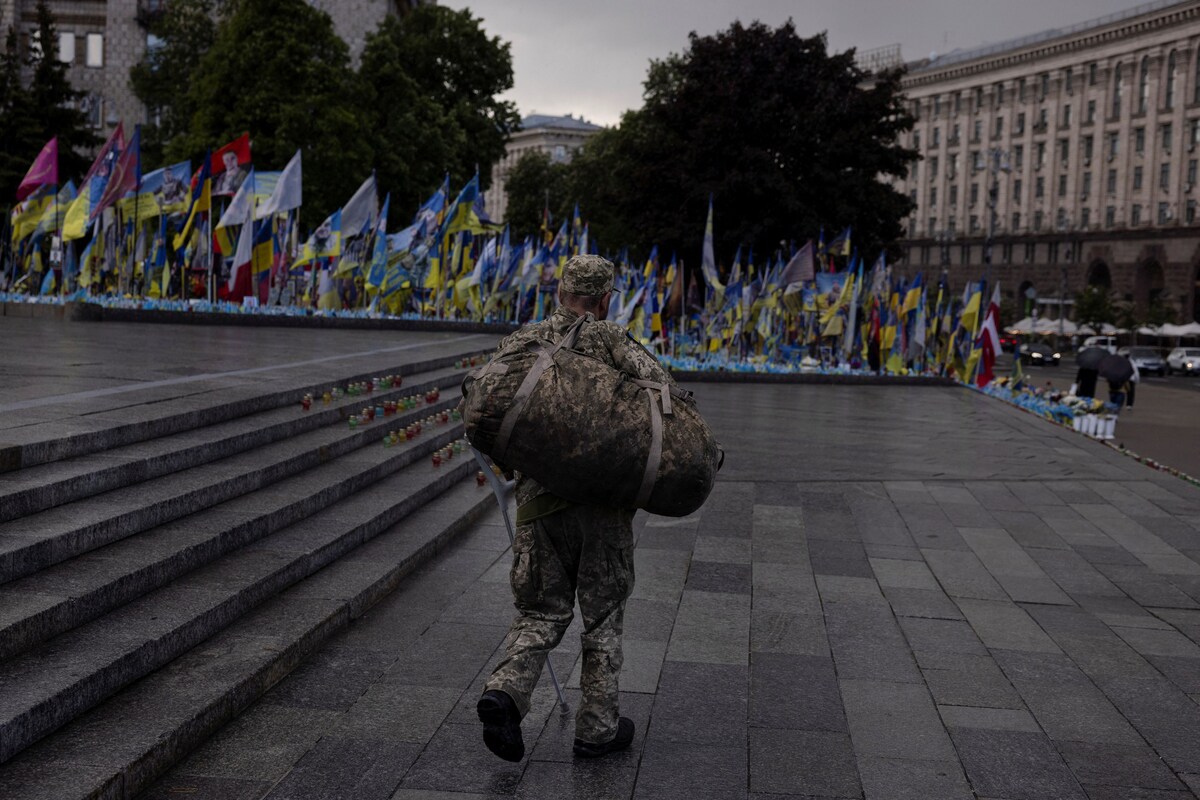
Greenland Military Wargames: Strategic Defense or Political Maneuvering?
Opinion | 9/16/2025
Greenland is currently engaged in wargames, prompting questions about the motivation behind these military exercises. The maneuvers are viewed through two contrasting lenses: as a strategic move to counter potential threats from Russia and China, or as a response to concerns related to the Trump administration. The purpose of these exercises, however, remains a subject of speculation.
Unnamed sources within the military establishment suggest that the wargames are designed to enhance Greenland’s defense capabilities in the face of evolving global security challenges. These exercises could be seen as a proactive measure to safeguard Greenland’s interests amidst mounting geopolitical tensions. The military’s stance implies a focus on strengthening national security rather than targeting any specific individual or administration.
Conversely, there are insinuations that the timing of these military activities may hold a political undertone, particularly in light of recent international developments involving President Trump. While the direct connection between the wargames and the Trump administration remains unclear, the proximity of these events raises questions about the broader context in which Greenland’s military actions are taking place.
Legal and historical context offers insight into the complexities of international relations and the strategic decisions made by nations to protect their interests. The dynamics between Greenland, Russia, China, and the United States underscore the multifaceted nature of global security concerns and the nuanced approaches taken by countries to navigate these challenges.
Amidst these speculations, the wargames in Greenland serve as a reminder of the intricate balance between military preparedness, diplomatic relations, and political considerations in the contemporary geopolitical landscape. The true impetus behind these maneuvers, whether rooted in genuine security concerns or influenced by external factors, continues to be a subject of analysis and debate among experts and observers.


